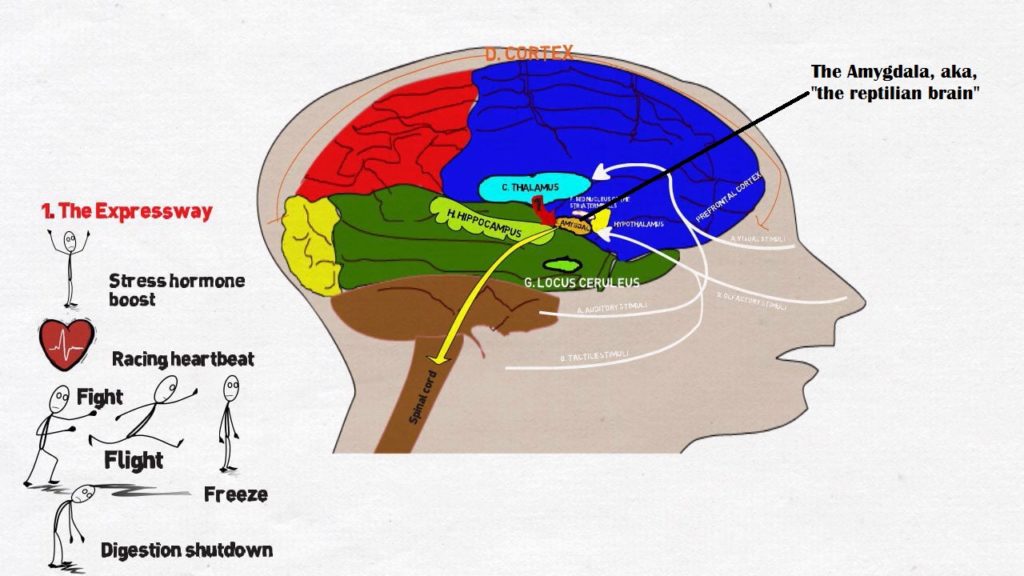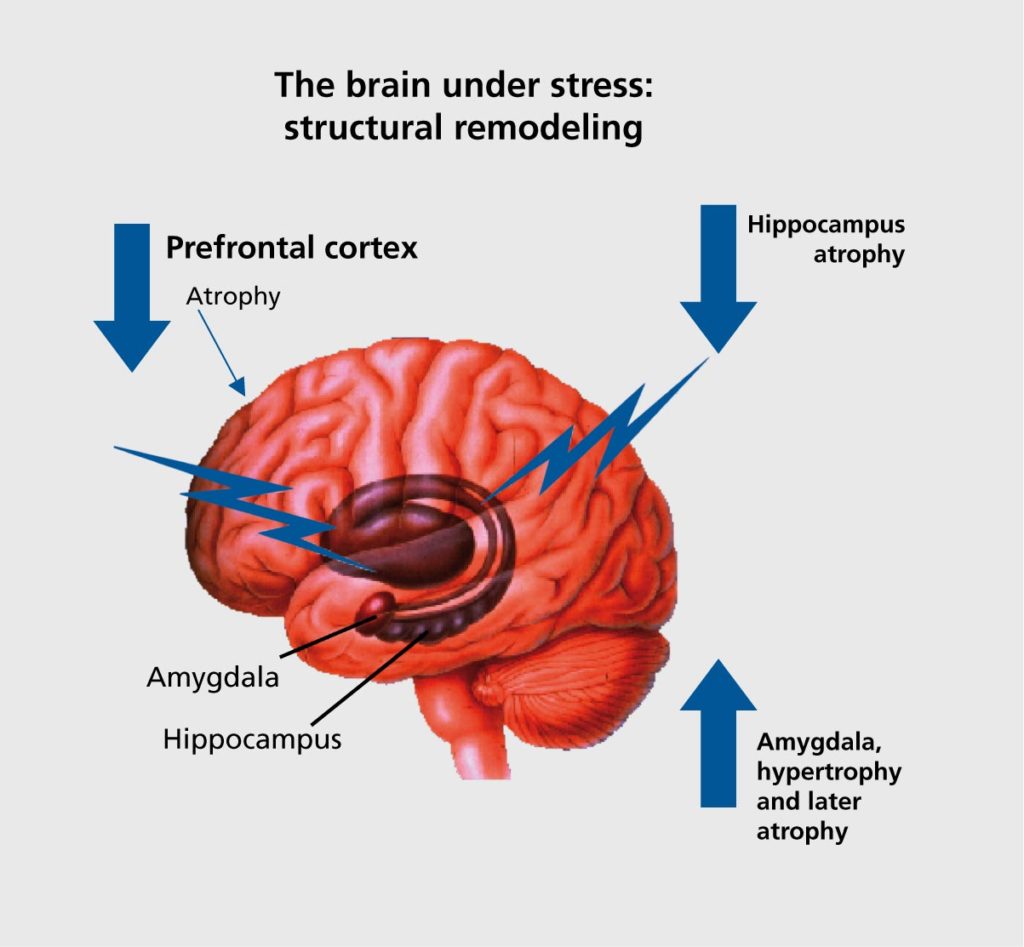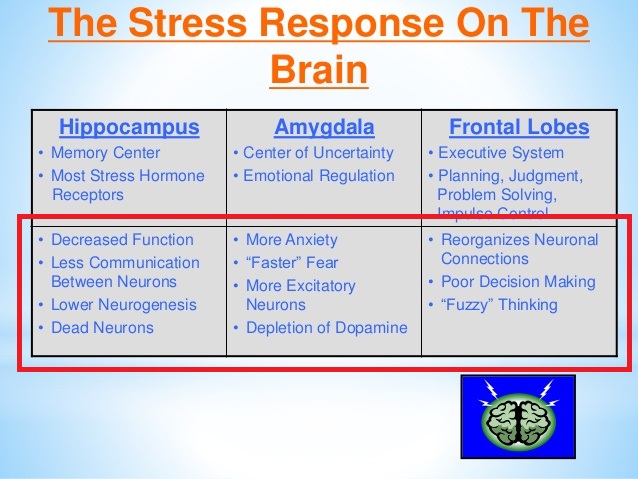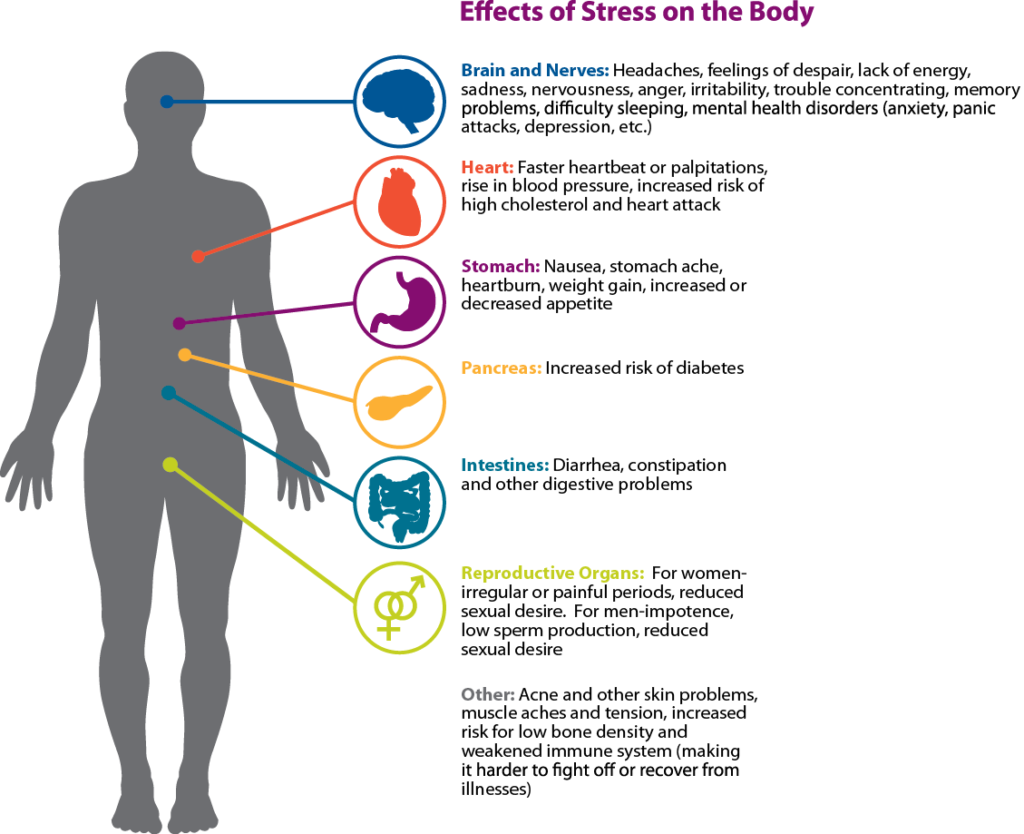By: Robert Avsec, Executive Fire Officer
If the only job that firefighters did was suppress fires, the job would be vastly less stressful. But that’s not the current reality, and never will be again.
The COVID-19 pandemic is just the latest “straw” being added to the camel’s back. Increasing numbers of responses to mass shootings—and all sorts of other gun violence—and responses to emergencies like wildfires and hurricanes and other severe weather events being exacerbated by climate change, are presenting an increasingly greater amount of stress on firefighters.
Sizing Up Stress
When you respond to any emergency, you’re first task is doing a good size-up: What has happened, what’s currently happening, and what will continue to happen without intervention? Every firefighter learns that starting in their entry-level training and it’s a basic part of most training for the rest of your career.
But nobody taught you how to ask those same questions of yourself when YOU are the emergency, right? Or what interventions you need to take when you’re under the influence of stress.
Well, we’re going to see about rectifying that in this article.
How Your Brain Responds to Stress
The amygdala or “reptilian brain” is where the body’s “fight, flight or freeze” response capacity is located. The hippocampus or “emotional brain” is where we get our ability to feel emotions, have a sense of our environment, aka, the world we live in. The prefrontal cortex or “executive brain” is where we process daily events and attempt to “find meaning for everything.”

Your brain’s first responsibility is to keep you physically and emotionally safe and secure. And it can do an amazing job when each section of the brain carries out the functions it is most capable of doing. Nature did not intend for the amygdala to do all the work—its sole purpose is primarily to “save” us from threats (mostly physical).
The amygdala remains engaged far more often in firefighters than it does in the general population. Just being in a fire station and on-duty and ready to respond at a moment’s notice to an unknown event, serves to “keep the motor running.” When the alarm bells go off, the amygdala unleashes a chemical wave of hormones to prepare the body for a perceived “threat.”

How Your Body Responds to Stress
It is these physiological changes in the brain that contribute to a reduction in your resilience, that is, your capacity to respond and recover from stress. Your ability to “bounce back” from both physical and emotional stressors is a direct result of your body being constantly flooded by hormones (primarily dopamine) being released on the command of the amygdala.
Dopamine is a neurotransmitter that helps control your brain‘s reward and pleasure centers. Dopamine is a powerful hormone that regulates our movement and emotional responses, and it enables us not only to see rewards, but to take action to move toward them.
But when the amygdala is constantly pushing dopamine into your body because of a constant exposure to stress, dopamine production begins to drop. And that drop in dopamine production can make anyone more prone to “self-medicate” with alcohol or drugs to deal with the effects of on-the-job stress.
And if that weren’t bad enough, medical research has discovered the presence of a certain kind of dopamine receptor that’s associated with sensation-seeking people, more commonly known as “risk takers.” (Sound like anyone you know?).

Effects of Stress on Decision-Making
When you’re under the influence of stress, your prefrontal cortex—where decision-making, rational thought, and reasoning occur—is temporarily shut down while your amygdala takes over (engaging your “fight, flight, or freeze” response). And that’s not good because your prefrontal cortex is where your instincts and knowledge and skill acquired during training reside. So, stress can basically make you “dumb,” or at least lead you to make bad choices.
Physiological Effects of Stress on the Body
The chemical wave unleased by the amygdala doesn’t only influence the brain. Medical research is showing that stress can also make you physically sick (Figure 4 below).

According to the Centers for Disease Control and Prevention, up to 90 percent of all illness and disease is stress-related. If you are living with constant stress it is possible your body is deteriorating day by day. One way to deal with stress is to relax and play casino games (click here).
Every firefighter knows that the key to successfully handling any emergency is knowing exactly what you’re dealing with. In this article, hopefully you’ve learned about how stress affects both your mind and your body. And that’s a good start to knowing how to take better care of both, no?
Click here to learn some Self-Care to Reduce Stress and its Effects
Ways to relieve stress
Fortunately, adopting effective stress relief methods can counteract these cognitive effects. Just as optimizing our brain function relies on minimizing stress’s impact, incorporating natural stress-relieving solutions like Kratom Temple Canada can play a pivotal role. By easing the tension that triggers the amygdala’s dominance, Kratom facilitates the restoration of rational decision-making and enhances overall mental clarity. Much like a well-balanced diet supports our body’s health, integrating Kratom as a stress-relief tool bolsters our mental resilience, allowing us to approach challenges with a clearer and more focused mindset.
 Fire & EMS Leader Pro The job of old firefighters is to teach young firefighters how to become old firefighters!
Fire & EMS Leader Pro The job of old firefighters is to teach young firefighters how to become old firefighters!